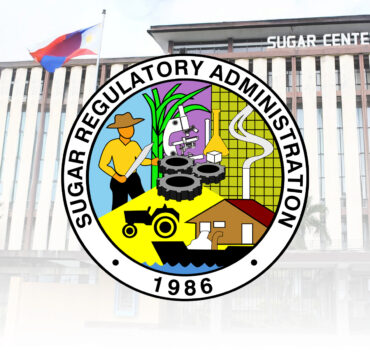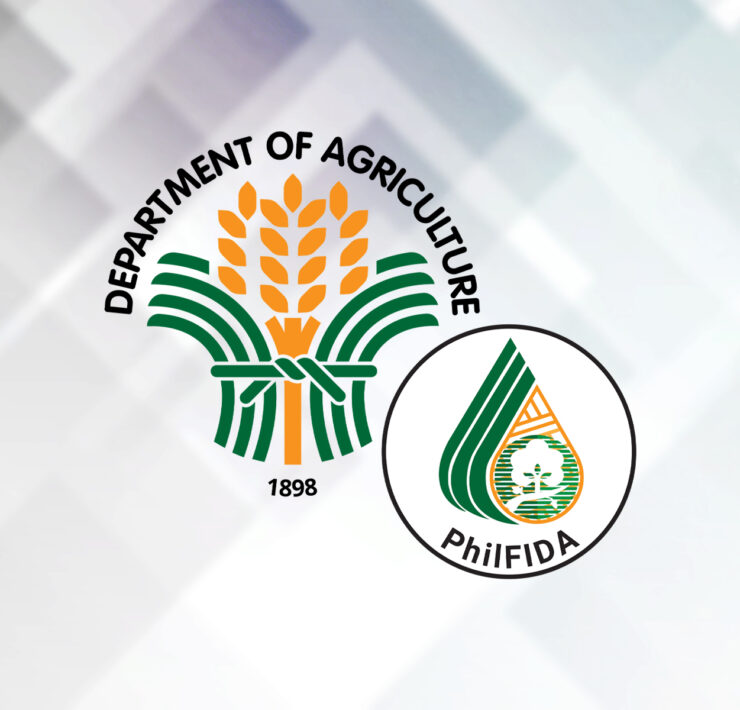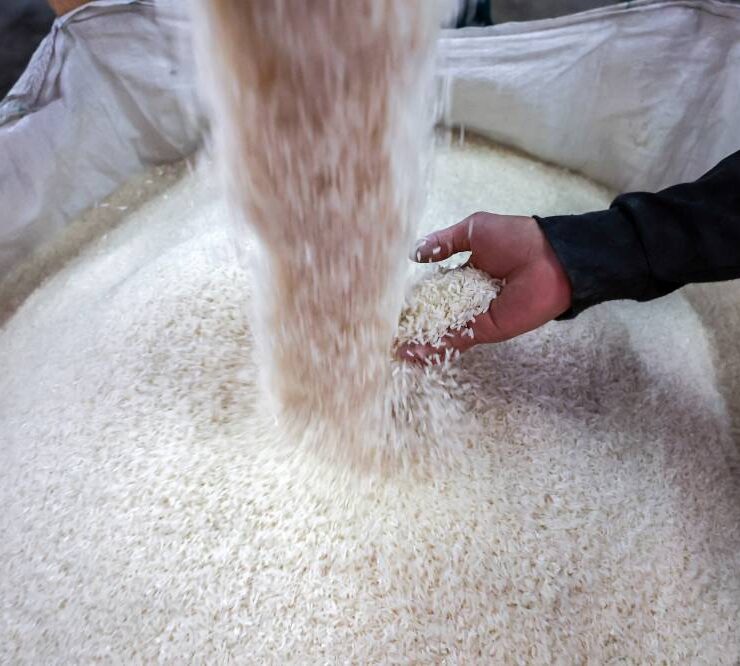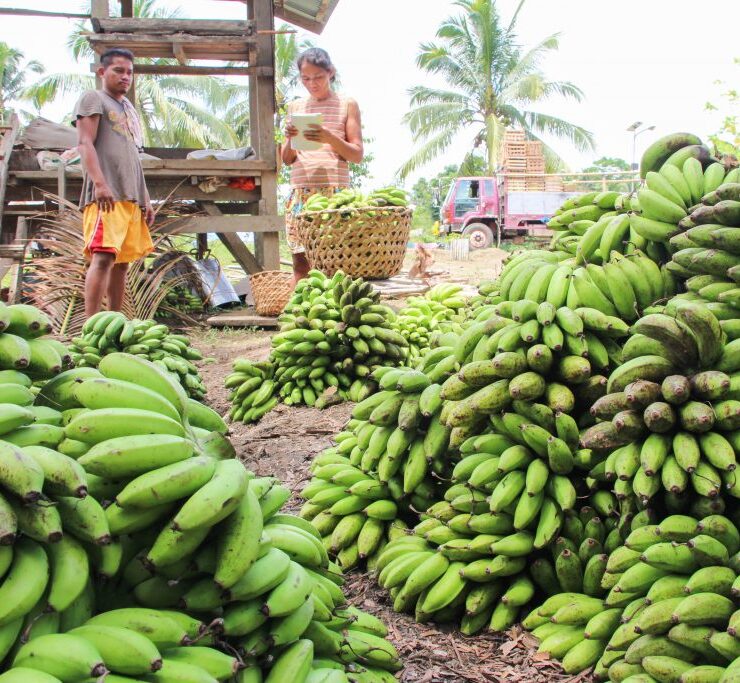PSA: domestic rice output grew in Q2
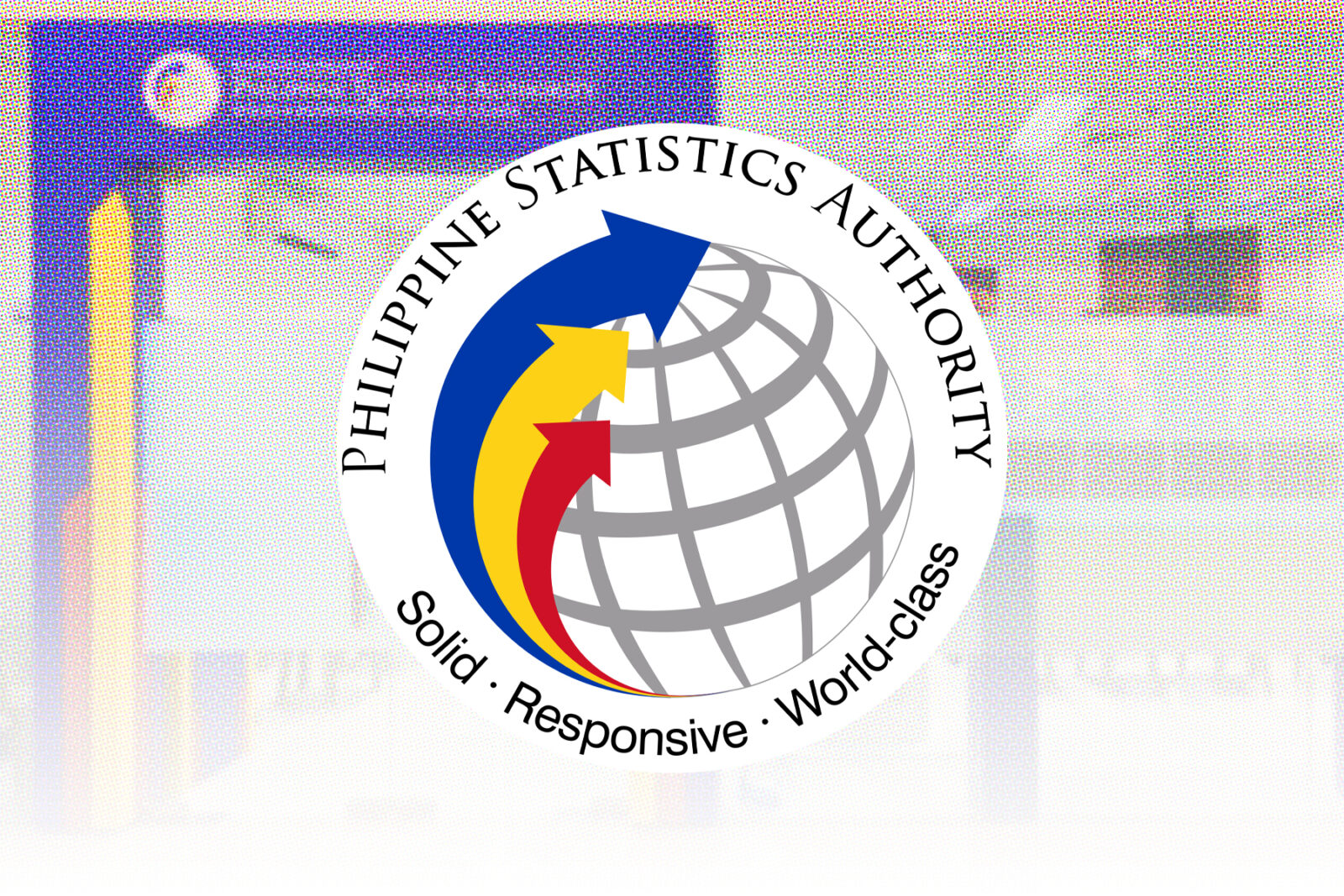
Domestic palay (unmilled rice) output likely rose in the second quarter of this year due to favorable weather conditions, leading to reduced imports of the staple.
In its latest report, the Philippine Statistics Authority (PSA) estimated palay production at 4.35 million metric tons (MT) in the April to June period, a 13.2-percent increase from the 3.85 million MT recorded in the same quarter last year.
The statistics agency also projected that the area devoted to rice climbed by 9.2 percent to 972,754 hectares (ha).
Of the total, about 88.9 percent or 864,414 ha had been harvested, which translates to 3.89 million MT of palay output.
The PSA also said the yield per hectare may have reached 4.47 MT, up by 3.5 percent.
In terms of standing palay equivalent to 522,530 ha, 51 percent of these were at the vegetative stage, 29.4 percent at the reproductive stage and the remaining 19.6 percent at the maturing stage.
The PSA based these estimates on the standing crop as of June 1.
The Department of Agriculture (DA) reaffirmed its goal of a record harvest of 20.46 million MT of palay in 2025 due to improved planting conditions and increased government support through various interventions.
If the target is achieved, it would be nearly 2 percent higher than the current production record high of 20.06 million MT attained in 2023, and a 7.2-percent increase from last year’s production volume.
During a press briefing last week, Agriculture Assistant Secretary and DA Spokesperson Arnel de Mesa said that the Philippines was not expected to experience as many severe storms this year based on the Philippine Atmospheric, Geophysical and Astronomical Services Administration’s latest weather forecast.
“Since our production was good from the first quarter through the entire dry season, we can really expect that importation would decrease,” De Mesa said.
Rice imports totaled 2.25 million MT as of July 3, a 3.8-percent decrease from 2.34 million MT of rice arrivals in the first semester of 2024, according to data from the Bureau of Plant Industry.















